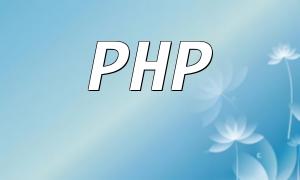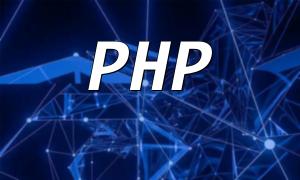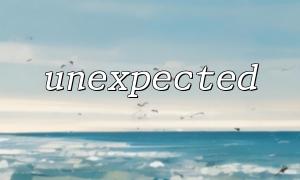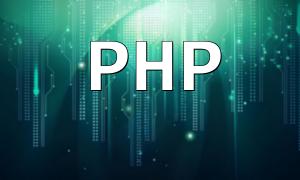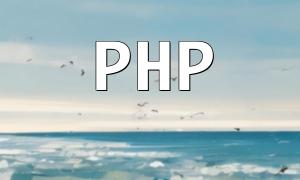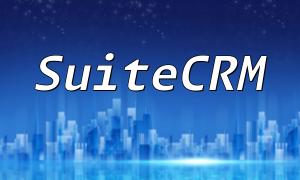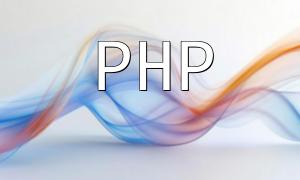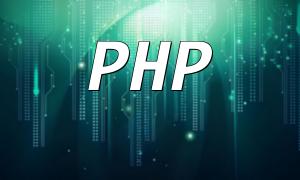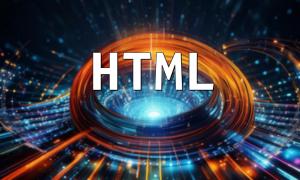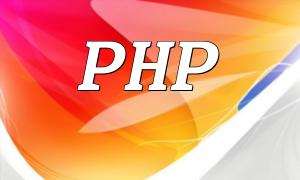As a popular server-side scripting language, PHP has a wide range of applications in web development and server-side programming. Its robust functionality and extensive support have attracted a large number of developers. PHP's success is largely due to its powerful community and comprehensive official documentation, which significantly facilitate developers' learning and skill enhancement.
The official PHP documentation is a critical resource for every developer learning and using PHP. The PHP website offers extensive documentation covering basic syntax, built-in functions, libraries, and common development techniques. The documentation is well-organized and detailed, making it easy for developers to find the information they need. Whether it's detailed explanations of functions or solutions to common problems, everything is available in the documentation. Additionally, the PHP documentation provides code examples, helping developers better understand and apply PHP.
This documentation is vital for all developers, from beginners to seasoned professionals. Novices can learn basic concepts through the documentation, while experienced developers can quickly reference it to solve problems encountered during development.
In addition to the official documentation, PHP has an active and vibrant developer community. The PHP community is a global network where developers can interact in forums, technical blogs, and social media platforms. Community members share their experiences, solutions, and technical articles. Whether facing technical challenges or wanting to learn about the latest PHP development trends, developers can find support within the community.
By participating in community discussions, developers can quickly get answers to their questions, receive suggestions for code optimization, and even find opportunities to contribute to open-source projects. This information-sharing platform greatly fosters collaboration and growth among PHP developers.
Here is a simple PHP code example demonstrating how to work with arrays in PHP:
<?php
// Create an array containing student names
$students = array("Alice", "Bob", "Charlie");
// Output the number of students
echo "Number of students: " . count($students) . "<br>";
// Loop through the array and output student names
foreach ($students as $student) {
echo "Name: " . $student . "<br>";
}
// Add a new student to the array
array_push($students, "David");
// Output the updated number of students
echo "Updated number of students: " . count($students) . "<br>";
// Loop through the updated array and output student names
foreach ($students as $student) {
echo "Name: " . $student . "<br>";
}
?>
This code shows how to create an array with student names and use PHP functions like `count` and `array_push` to perform operations on the array. Developers can deepen their understanding of these basic operations by reading the PHP documentation and engaging in community discussions, applying them to more complex projects.
In conclusion, the PHP official documentation and vibrant developer community provide developers with a wealth of resources and endless support. By leveraging these resources, developers can not only solve technical problems but also continuously enhance their skills. Whether you are a beginner or an experienced developer, you can gain valuable insights and assistance from PHP's documentation and active community.
With the help of PHP's excellent documentation and community, developers can continue to progress in their technical abilities and apply PHP to a wide range of projects, achieving more efficient development and problem-solving.
